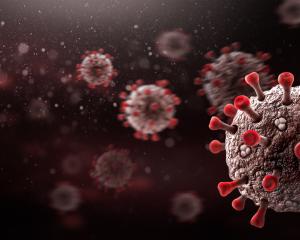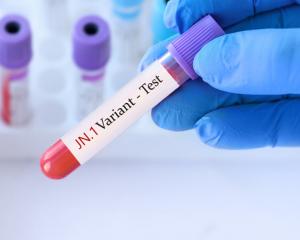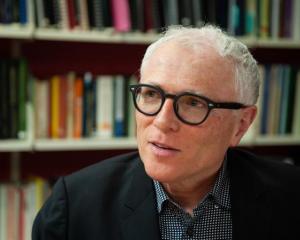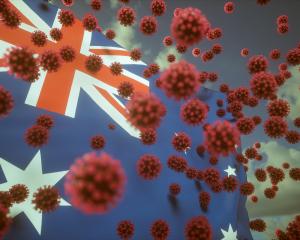
For geneticist Prof Neil Gemmell, of the University of Otago anatomy department, the monster research was part of a broader biodiversity study of Loch Ness, using environmental DNA.
He is now part of a national group, led by ESR, working to sample wastewater, and hoping to find a way to detect SARS-CoV-2, the virus that causes Covid-19, in sewage.
This could become a tool to monitor the virus and help uncover pockets of infection.
Researchers could then predict which communities could come out of lockdown or return to it because the virus was circulating, he said.
Both the Scottish biodiversity study undertaken in 2018 and the New Zealand study used the DNA or RNA found in the water to determine what organisms were present.
The Covid-19 project dovetails with an international testing programme monitoring antibiotic resistance by testing untreated sewage, and his Otago team had previously contributed by taking samples from Dunedin’s Tahuna wastewater treatment plant.
Prof Gemmell is among more than 100 Otago researchers from at least a dozen departments — ranging from biochemistry and anatomy to tourism — who are studying aspects of coronavirus.
Otago researchers Prof Miguel Quinones-Mateu and Assoc Prof James Ussher, of the microbiology and immunology department, had contributed to a big overall increase in national Covid-19 testing capacity, which had gone from 10 tests a day to more than 4000, in less than six weeks.
Those advising the Government and public on the right public health response include Prof Michael Baker and Dr Ayesha Verral.
Otago research and enterprise deputy vice-chancellor Richard Blaikie is co-convening a national Covid-19 diagnostic development working group.










